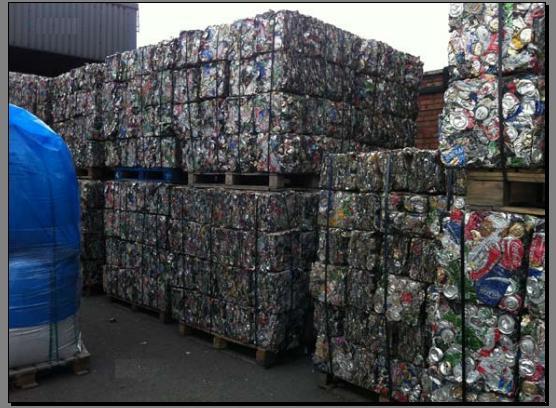[ad_1]
VietNamNet Bridge – Large amounts of hazardous waste are still transported illegally across borders from developed to developing countries, including Vietnam.

Waste is transported to Vietnam
Border gate officers often open containers imported from a developed country and see hazardous waste and old electronic components inside.
A report from the secretariat of the Basel Convention on the Control of Transboundary Movements of Hazardous Wastes showed that 50 million tons of hazardous waste is generated every year globally and 8 million tons are shipped among countries.
These figures are discovered illegal shipments, while the real number could be higher. Most of the hazardous waste is carried from Europe to Africa and some Asian countries.
|
The waste traded among countries is most recyclable, especially scrap metal, including nonferrous metals, ferrous metals, slag and metal residues and other kinds of scrap from used engines, vehicles and demolished ships. |
A large amount of old TV sets and electronics from Japan has been carried to China and Vietnam.
The waste traded among countries is most recyclable, especially scrap metal, including nonferrous metals, ferrous metals, slag and metal residues and other kinds of scrap from used engines, vehicles and demolished ships.
It is estimated that 3 million tons of scrap and hazardous waste are imported to Vietnam every year. The waste is made of about 1,000 compounds, containing heavy metals and macromolecule organic matters harmful to human health.
According to the Hai Phong City Customs Agency, the ports of the city alone now have 5,000 containers of imports which are not cleared because no one has received them.
Of these, 1,353 containers have been examined and 104 containers have been found containing scrap material, old computers and electronic devices.
The others included 1,085 containers of used rubber tires and 164 containers of old clothes.
In the past, customs agencies discovered that Cuu Long Vinashin JSC imported three used transformers from South Korea and one of them was found containing 7,000 liters of waste oil with PCB, a very toxic substance (just after dioxin), the shipping of which is prohibited.
According to C49 Police, the high profits from the waste trade have led to the formation of transnational criminal organizations. On the other hand, the demand for scrap materials used as production materials and equipment is very high. Therefore, more and more waste is still imported.
At present, waste import/exports are covered by many laws, including the Law on Environment Protection, Trade Law, Customs Law and Maritime Law. However, there is no policy for cooperation among state management agencies in controlling waste imports.
According to GDC, in order to settle the problem, there must be a legal framework clear enough for enterprises but strict enough to erase loopholes for illegal trading.
There also must be a licensing system and a quota mechanism for goods which may harm the environment which are subject to import restriction.
RELATED NEWS
Will Vietnam become a scrap steel power?
Scrap steel imports threaten Vietnam’s environment
Kham Pha
[ad_2]
Source link
